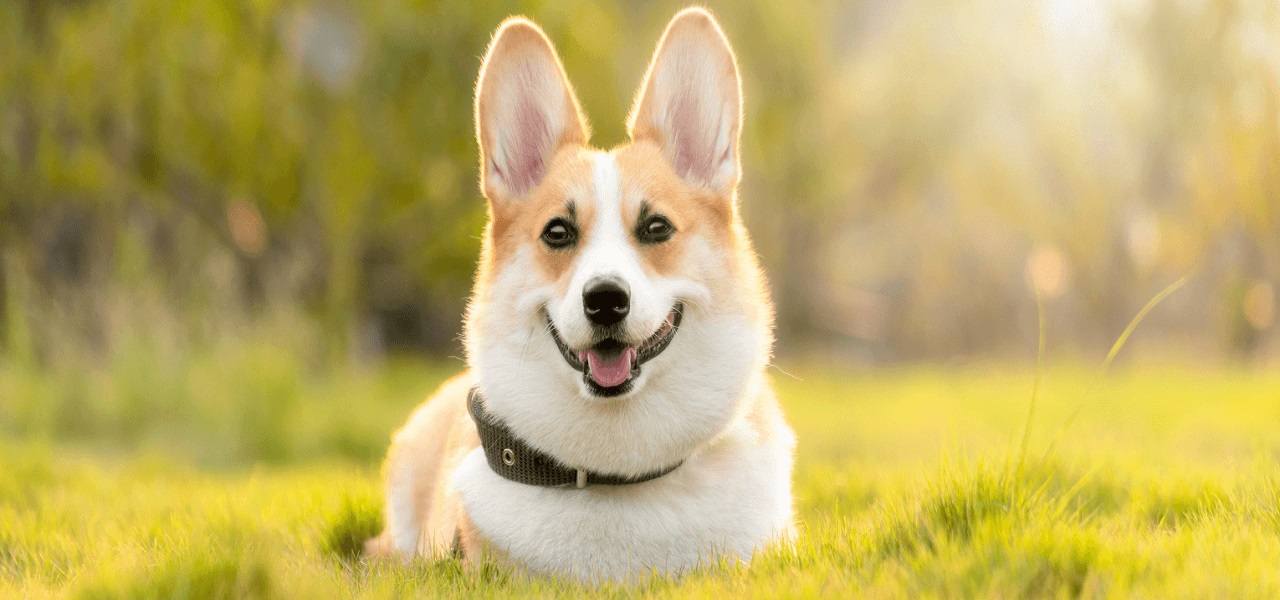Dogs indulging in coprophagia, or eating their own feces, can be an unsettling behavior for pet owners. Addressing this issue promptly is crucial not only to maintain a clean environment but also to mitigate potential health risks. This comprehensive guide explores various home remedies and strategies to effectively curb your dog’s inclination towards poop consumption.
Understanding Why Dogs Eat Poop
Before delving into remedies, it’s pivotal to grasp the underlying reasons for this behavior:
- Nutritional Deficiency: Some dogs resort to coprophagia to compensate for lacking nutrients in their diet.
- Behavioral Triggers: Factors such as stress, boredom, or a desire for attention can lead dogs to indulge in feces consumption.
- Ancestral Instincts: In certain cases, this behavior harkens back to ancestral instincts where wild dogs cleaned their dens by consuming waste.
Potential Health Risks
While coprophagia is primarily a behavioral concern, it can pose notable health risks:
- Parasite Transmission: Ingesting feces can transmit parasites and harmful bacteria.
- Digestive Imbalance: Regular consumption of feces may disrupt a dog’s digestive system, affecting nutrient absorption.
Effective Home Remedies to Stop Dog from Eating Poop
Managing coprophagia requires consistency and patience. Employ these proven home remedies to deter your dog from eating poop:
1. Dietary Modifications
- Pineapple: Incorporating small amounts of pineapple into your dog’s diet can render feces less appealing due to its natural enzymes.
- Papaya: Similar to pineapple, papaya contains enzymes that alter the taste of feces, discouraging consumption.
- Specialized Supplements: Explore supplements designed to modify the taste of feces, effectively deterring coprophagia.
2. Behavioral Strategies
- Immediate Cleanup: Promptly remove feces after your dog defecates to eliminate the temptation.
- Positive Reinforcement: Reward your dog with treats or praise when they refrain from engaging in coprophagia.
- Distraction Techniques: Redirect your dog’s focus with toys or engaging activities immediately following defecation.
3. Environmental Management
- Litter Box Accessibility: Ensure litter boxes are inaccessible to dogs, particularly if you have cats.
- Yard Maintenance: Regularly clean your yard to promptly remove feces, minimizing opportunities for coprophagic behavior.
4. Training and Commands
- “Leave It” Command: Teach your dog a robust “leave it” command, using it whenever they display interest in feces.
- Basic Obedience Training: Regular training sessions reinforcing fundamental commands can divert your dog from undesirable behaviors.
5. Veterinary Guidance
- Health Assessment: Consult your veterinarian to rule out any underlying health issues contributing to coprophagia.
- Behavioral Counseling: In severe cases, seek guidance from a professional trainer or animal behaviorist recommended by your vet.
Conclusion
Addressing coprophagia in dogs demands dedication and a multifaceted approach. By comprehending the root causes and implementing these home remedies and behavioral interventions, you can effectively manage this behavior. Consistency is paramount in modifying any behavioral issue in dogs. If challenges persist, seek professional guidance from your veterinarian or a qualified animal behavior specialist.
Follow these strategies on how to stop dog from eating poop to foster a healthier and cleaner environment for both you and your cherished pet.

